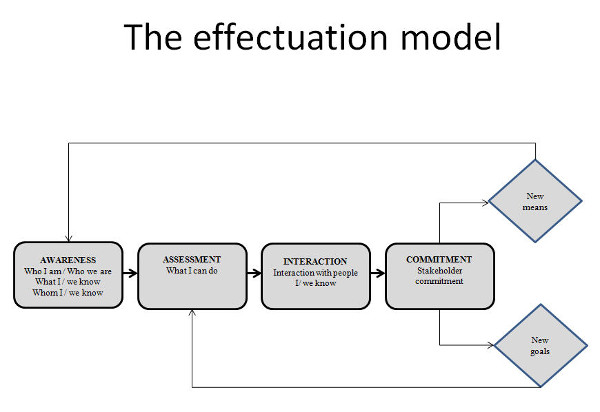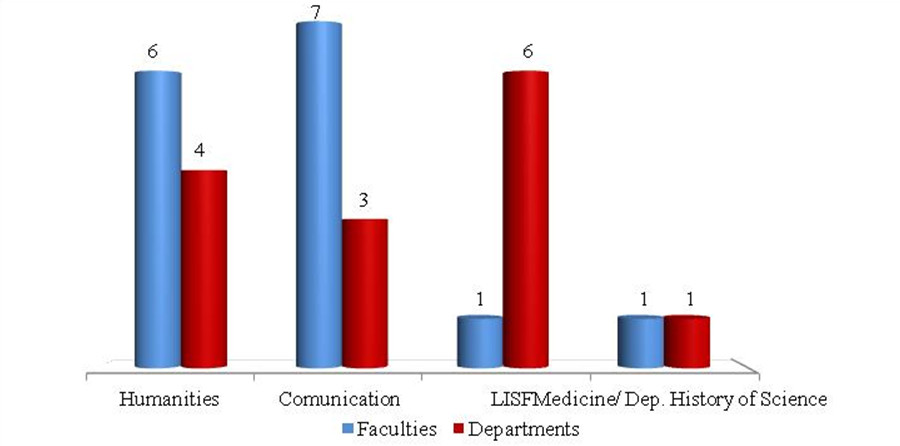How to implement entrepreneurship in LIS education: a Danish example
The present article intends to illustrate how entrepreneurship-centered teaching and learning can be implemented in a LIS-specific context while at the same time thematizing the challenges of implementing entrepreneurship in a general university context. The paper presents a concept of teaching and learning that is designed partly to meet academic requirements and partly to work satisfactorily, and in an appropriate manner, in a specifically LIS-related (i.e., a non-business) context. The theoretical basis of this teaching- and learning-related concept is explained and discussed. In addition, the article presents particular experiences, results and achievements obtained in seminars and course units at the Royal School of Library and Information Science, where the concept was developed.



![Classificació dels diferents tipus de crowdsourcing [elaboració pròpia a partir d'Estellés-Arolas i González-Ladrón-de-Guevara (2012)]](https://bid.ub.edu/wp-content/uploads/2015/11/alcala1.jpg)